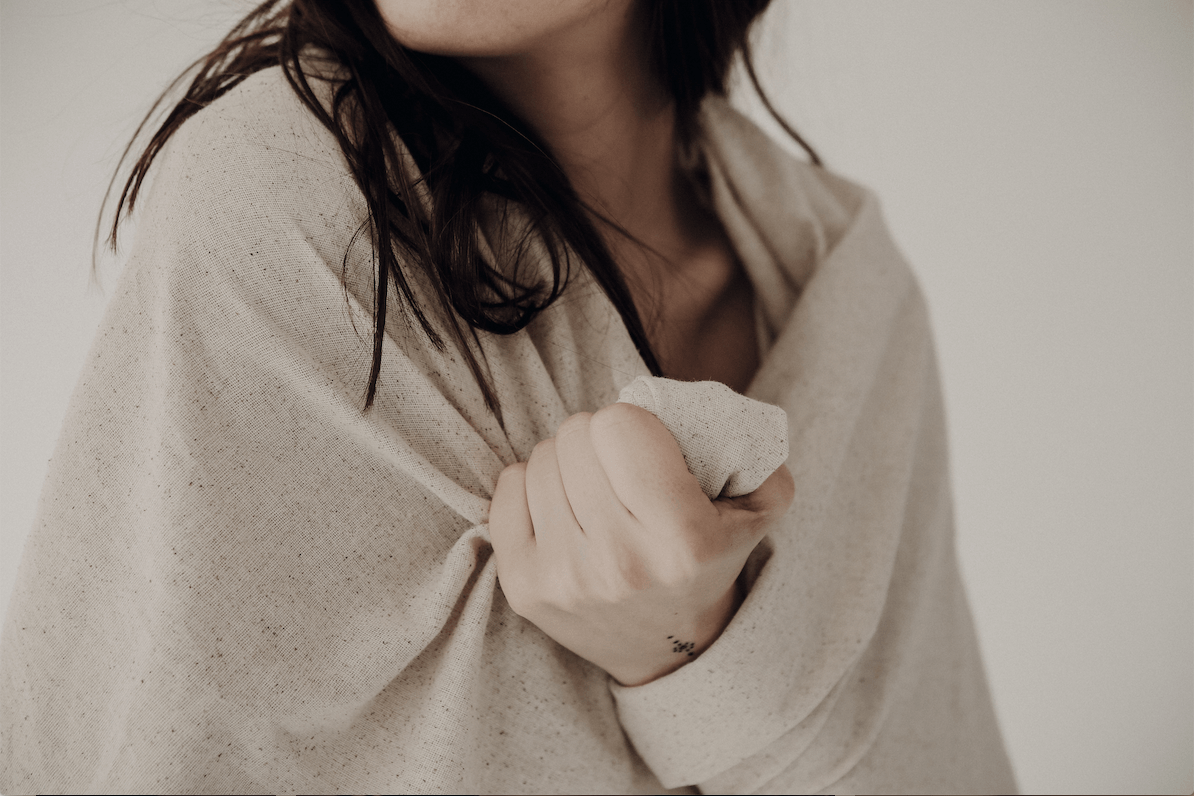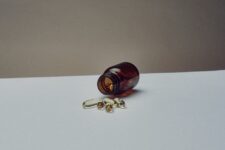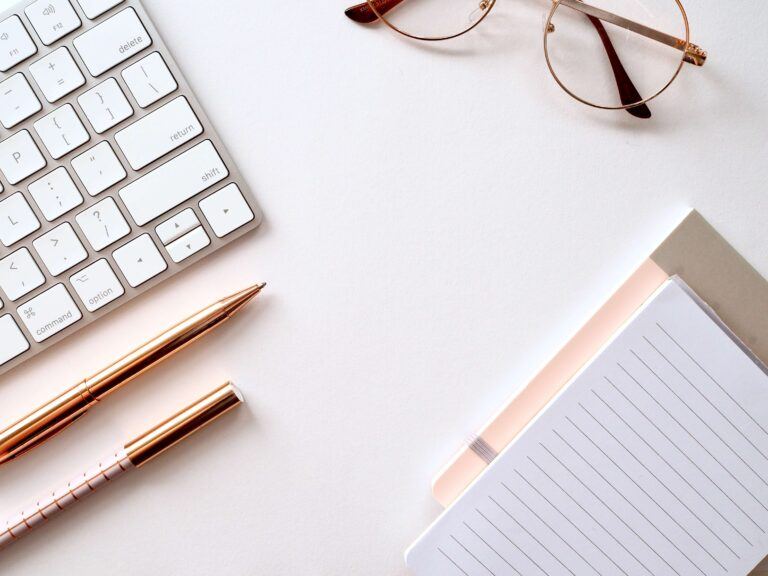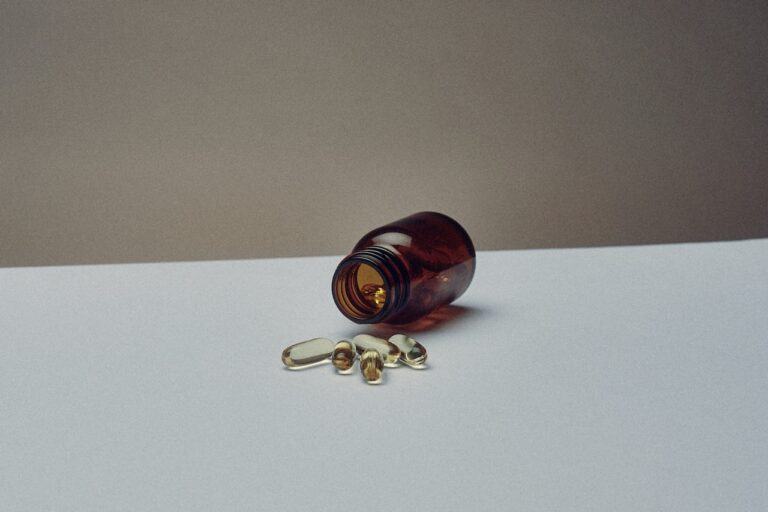Do your hands and feet ever get noticeably colder than the rest of you? Maybe you wake up before your extremities do? Perhaps you get pins and needles if you sit for too long?
These are all signs of mild circulatory problems that many of my patients ignore or dismiss as a minor inconvenience. However, in Chinese medicine, we take poor circulation seriously. If left unchecked it can lead to many of the disorders associated with aging such as hypertension, hardening of the arteries, painful joints, and varicose veins. Even mild circulatory problems mean that less oxygen is getting to your tissue and that your body is less efficient when it comes to moving waste products. So now’s the time to get your blood moving by adopting some of these habits.
Hydrotherapy
 This may sound like the kind of treatment that costs a fortune at a fancy spa but the good news is you can give yourself a hydrotherapy treatment at home in your shower. All you have to do is alternate between hot and cold water 5 or 6 times. When you stand under hot water, blood rushes to your skin oxygenating tissue as it flows. When you switch to cold water the blood diverts back to your internal organs, taking waste products with it. Be careful – You don’t need to be too extreme with the temperatures to get blood moving and feel an energy boost.
This may sound like the kind of treatment that costs a fortune at a fancy spa but the good news is you can give yourself a hydrotherapy treatment at home in your shower. All you have to do is alternate between hot and cold water 5 or 6 times. When you stand under hot water, blood rushes to your skin oxygenating tissue as it flows. When you switch to cold water the blood diverts back to your internal organs, taking waste products with it. Be careful – You don’t need to be too extreme with the temperatures to get blood moving and feel an energy boost.
Saunas use the same principle and the Scandinavians who follow their sauna with a plunge in cold water and a vigorous massage are certainly on to something. Which brings us to…
Massage
Not only is massage a great way to relax but the pushing, kneading, and pulling all help increase circulation. As a massage therapist presses down, they move blood in the congested areas, and when they release pressure, new blood flows in to replenish this. By squeezing and kneading a muscle the massage therapist helps release lactic acid and improves the circulation of lymph.
Stretch
Whilst vigorous exercise does get the blood pumping, slow stretching can also improve circulation by lengthening and oxygenating muscles. Yoga or tai qi are ideal exercises to promote healthy circulation but remember you can stretch anytime and anywhere. So get up from your desk and bend back as far as is comfortable then reach forward and touch your toes. Twist your torso left and right and bend from side to side. Don’t worry about having great technique, just stretch as far as it is comfortable.
Exercise
Any exercise that gets your heart pumping will make the blood circulate so take a walk, go for a run, ride a bike, swim, take up a team sport, join the gym or pick up a racket. Even committing to walk for just 10 minutes a day can help.
Eat Right
Some foods are known to promote circulation. Lycopene is an antioxidant that has been shown to help with blood circulation. You can find it in red foods such as watermelon and tomatoes. Garlic and onions are natural blood thinners and can help get blood moving.
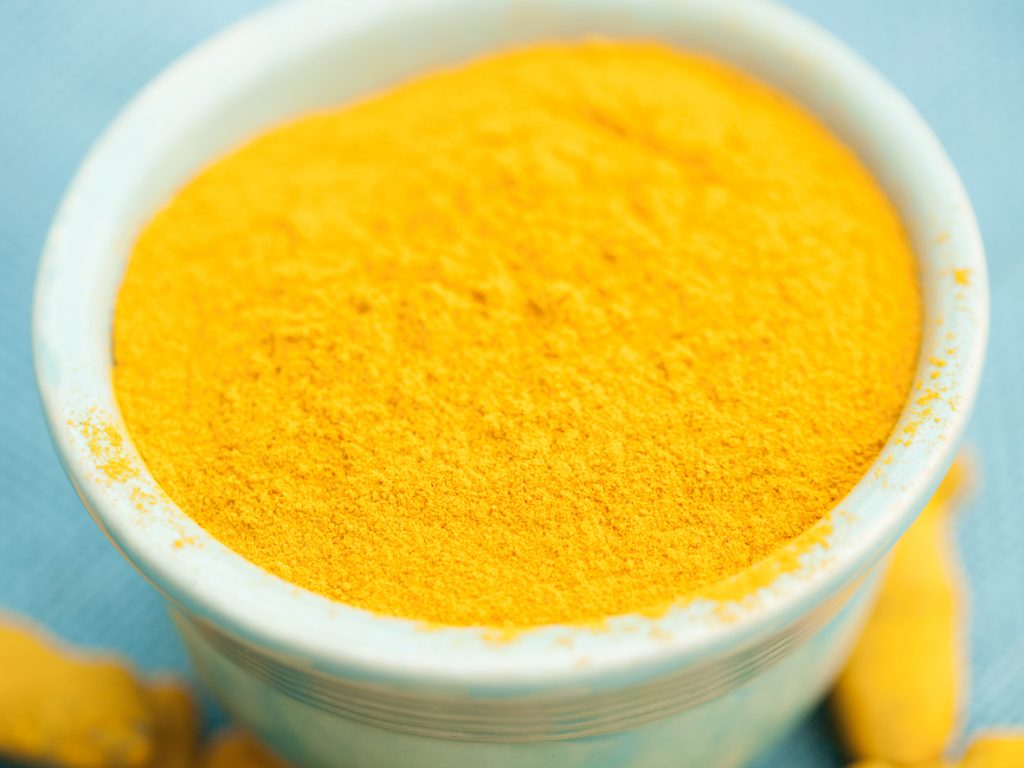
In Chinese medicine leafy green vegetables are said to move qi because of their beneficial effect on the liver. However, they contain vitamin K which helps blood to clot and so if you are taking the blood-thinning medication your doctor may ask you to limit your intake of vitamin K. Cayenne and ginger are both warming and increase blood flow and turmeric, which is used as a medicinal herb in China and is often found in curries, is an anti-inflammatory anti-oxidant as well as a natural blood thinner. Your circulation also benefits when you eat foods rich in omega 3 fatty acids such as salmon, nuts, and seeds.
Remember to drink plenty of water. People who are chronically dehydrated can suffer circulatory problems.
Acupuncture
Acupuncture has been used for thousands of years to promote blood flow and reduce inflammation. This study from the Journal Anesthesia and Analgesia shows how acupuncture can raise levels of nitric oxide around the needles, so increasing local blood circulation.
Herbs
At the Yinova Center, we usually prescribe a specially tailored herbal formula for each patient. Some of the herbs we may use for someone suffering from poor circulation are:
- Gou qi zi (Fr. Lycii) – These gou qi berries can be found in health food stores and are high in anti-oxidants.
- Bai guo (Ginko biloba) – According to the University of Maryland Medical Center, ginkgo biloba can help improve blood circulation. The flavinoids in Ginko can protect blood vessels and arteries in the body that otherwise may have failed due to poor blood circulation.
- Dan Shen (Salvia miltiorrhiza) – This well-known blood-moving herb is used to treat a wide variety of complaints related to poor circulation from angina to menstrual cramps.
And finally…put your feet up!
Help your veins move blood back to your heart by raising your feet at least once a day. Ideally, your feet should be higher than your heart so if it’s possible to lie down with a pillow under your ankles
